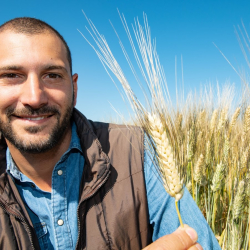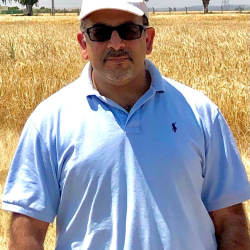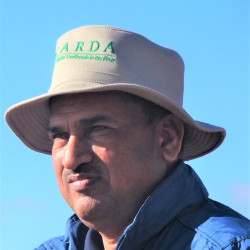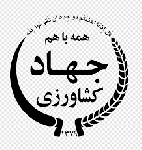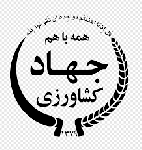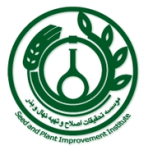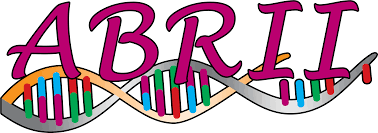1. New improved lines and varieties on wheat, barley, chickpea, lentil, quinoa, faba bean and feeding legumes will be developed from germplasm evaluation under Iranian environmental conditions in collaboration with DARI, SPII and NSRC. So far, 56 crop varieties released from IRAN-ICARDA collaboration projects.
2. Comprehensive association mapping of fatty tail in sheep will be completed in collaboration with ABRII and community-based breeding of the Sanjabi sheep will be implemented with ASRI scientists. In teh first project, common association mapping to identify SNPs (QTLs) with significant effect on the recorded traits of sheep will be obtained and in the second project Improved sanjabi sheep will be adopted and introduced to the local communities.
3. A workshop will be held at ABRII on "marker assisted selection of cereals" that will train wheat breeders to use this technique to identify specific genes linked to the interesting traits in the target lines.
4. On-farm approaches and recommendations are needed to improve water productivity of crop in dry land areas. Recommendations to improve soil fertility management will practice in the delineated homogeneous units in collaboration with SWRI. Capacity building activities to transfer the result of this project to the stockholders is taken into consideration.
5. The project with SCWMRI will develop a model, formulate the agricultural practices and evaluate the potential impacts and out-scaling approches. In this project, a workshop will be held to train end-users.
6. Assessment of crop yield and water productivity under soil salinity will be implemented in different tillage systems by NSRC, the effective and suitable agricultural machines, variety and methodology will be evaluated and then identify the appropriate technology to be introduced to the stackholders. The outcomes of the project will be shared with end-users through a training program.









